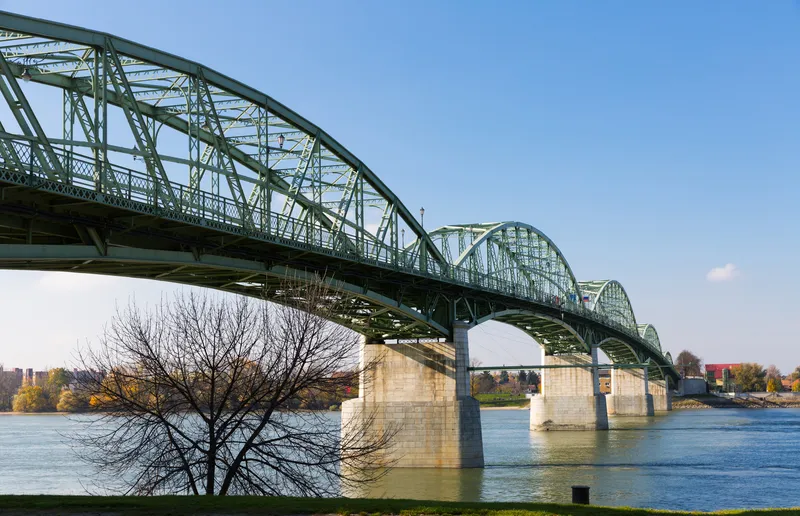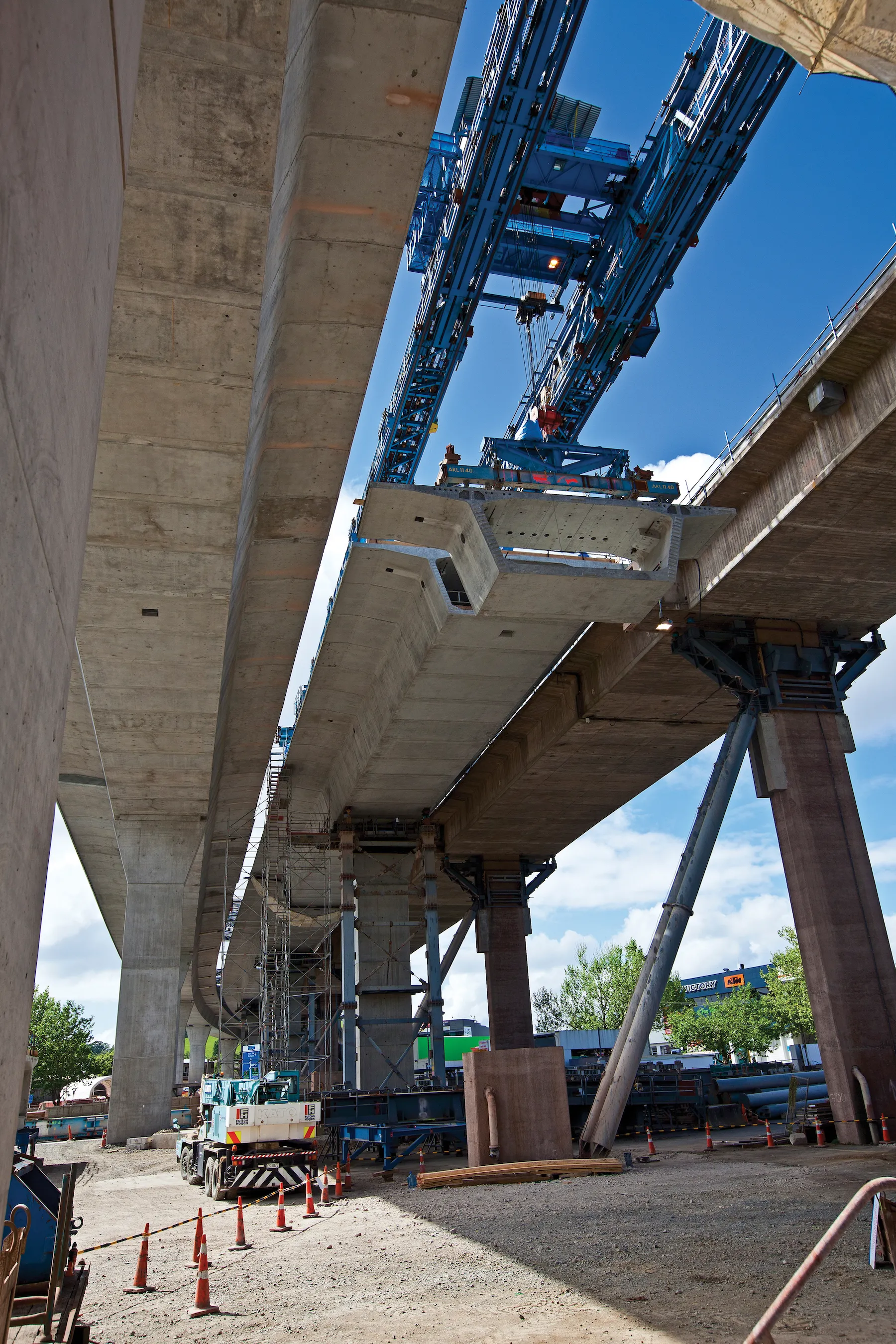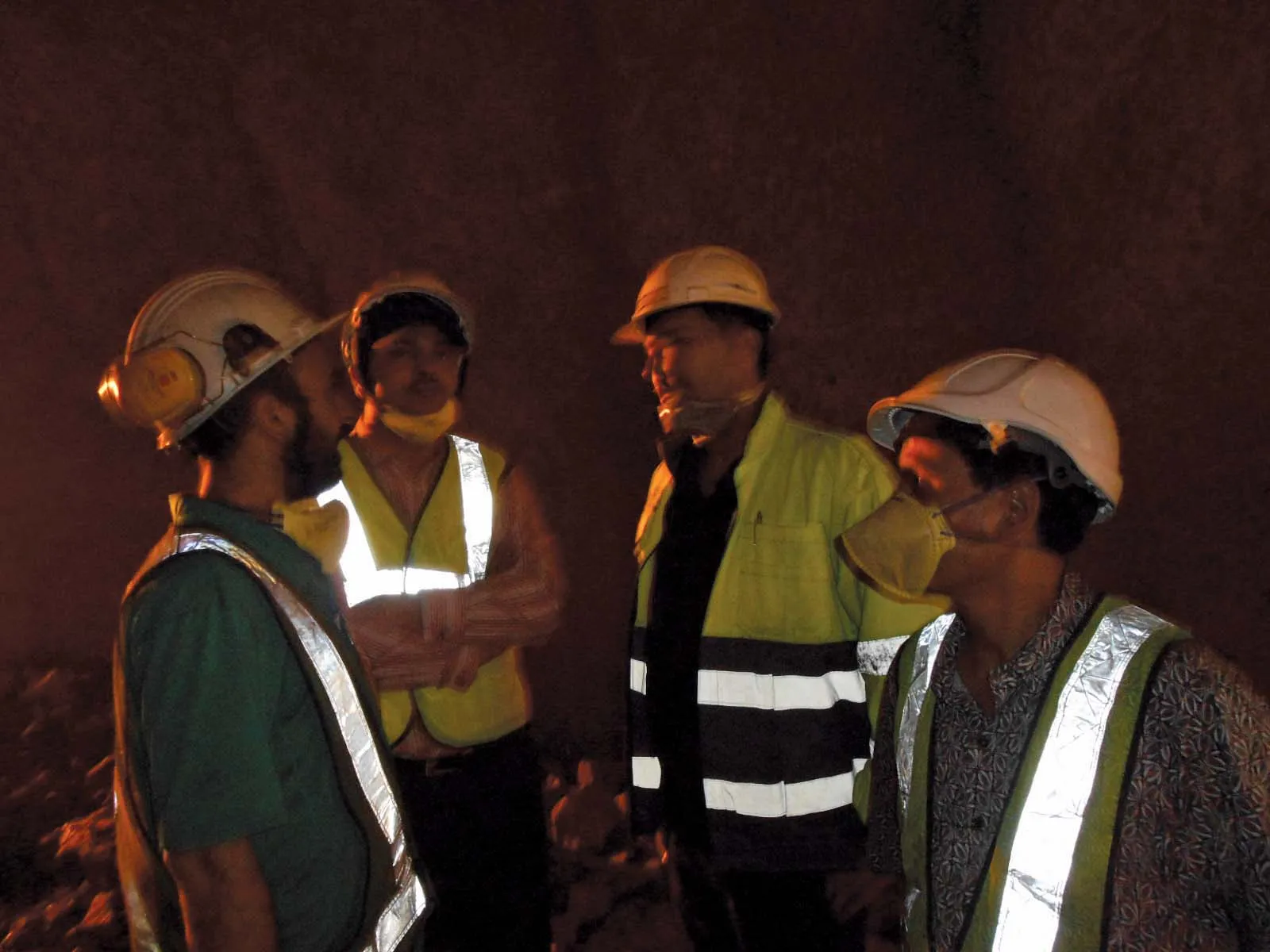
Hungary is planning its most expensive road project with construction of the M100 scheduled to start next year.
Transport Minister János Lázár said the 2x2-lane M100 will connect the Esztergom region to Hungary's M1 motorway and improve travel times for people in the area.
Hungarian news outlet VG reported that the project is expected to cost HUF500bn (€1.2bn), and will feature ten tunnels and several large valley-spanning bridges.
The International Tunnelling and Underground Space Association (ITA) says the journey between the Esztergom area and the M1 motorway currently takes at least 50 minutes, but with the construction of M100 this time will be halved.
The proposed M100 expressway is a 32.3km long 2x2 lane expressway. The ITA states that, due to the complexity of the project and the topography of the area, bespoke technical solutions are required along the entire expressway. The hilly nature of the area ensures the complexity of the route, which includes three pairs of tunnels with a total length of 2 x 1km and five huge valley bridges with a total length of 2 x 2.3km and a new engineering plant for operating the expressway.








